

The Final Conference
17/09
9h00 → 13h00
Royal Museum of Fines Art of Belgium
Rue du Musée, 2
Auditory 490 - Entrance from the Museum Square
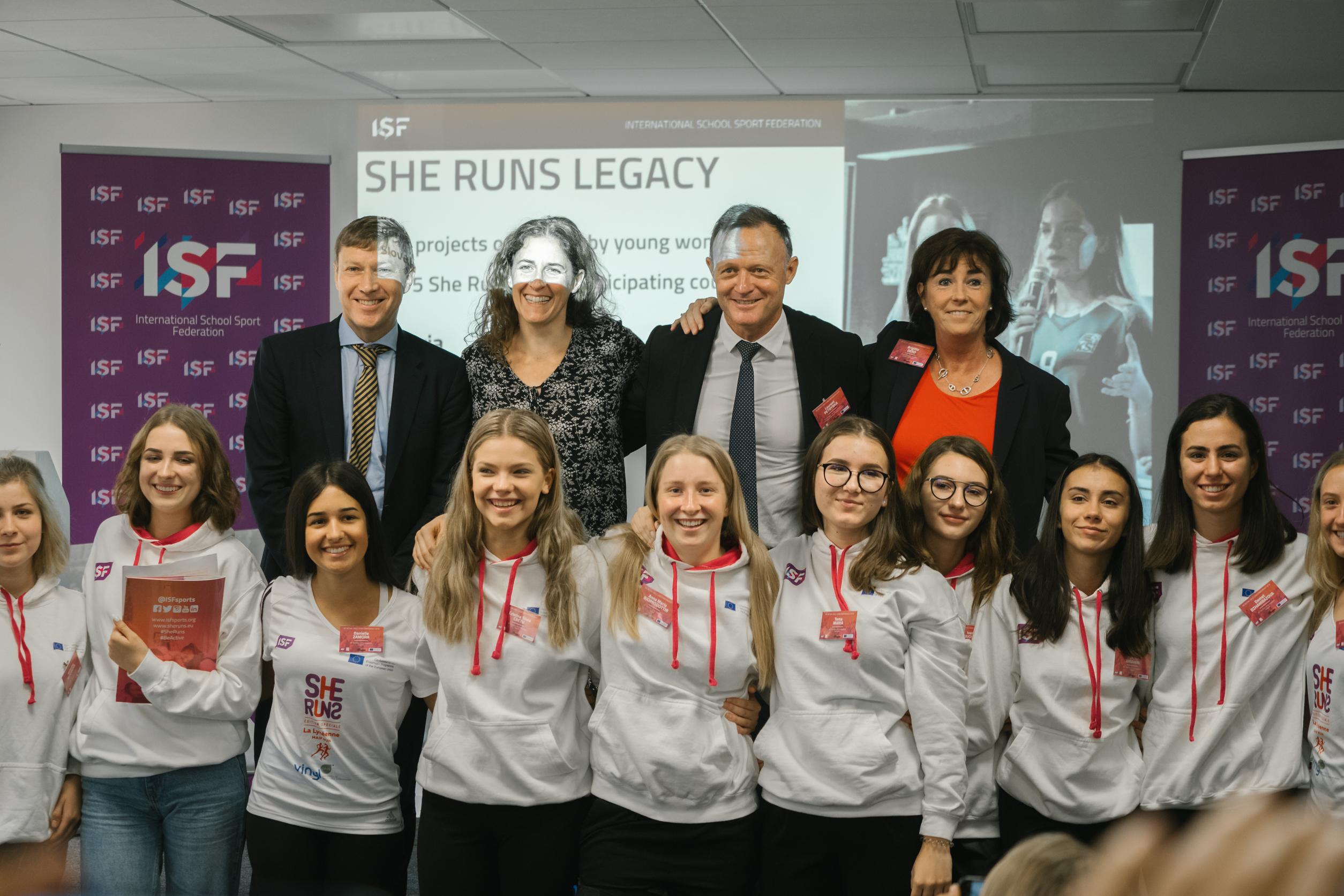
What is it?
200 leaders from international sport sectors, school networks, institutions, and city leaders, will attend a final conference on the role of school and sport to promote gender equality and girl’s empowerment.
”Gender equality, a pathway for green and sustainable communities”
With the ISF She Runs Active Girls’ Lead event, ISF wishes to bring forward a sport dimension when defining the link between Gender Equality and Environmental topics, noticing that UN Development is stating that:” Gender equality is a critical missing piece of the climate puzzle” . Indeed, the generation with which the ISF is investing in is perhaps more aware than others of ecological challenges as well as of issues of gender equality and integration of diversity. It is a generation in which the number of girls and women studying has never been so high, in an environment surrounded by interactive screens and an increase in non-communicable diseases often resulting in difficulties for a high number of them in becoming involved in organised sports activities. It is also a generation that saw a young Swedish activist, Greta Thunberg, become a globally renowned leader, inspiring so many other young women across the world, such as Anuna De Wever and Kyra Gantois in Belgium.
For the ISF, education through sport aims to make school sport an activity through which young people learn to invest in themselves as citizens for the rest of their lives. School sport activities, from local to international, allow students to discover and assimilate the tools and programmes that enable them to understand and importantly, overcome major challenges of society. Sport is an essential platform which brings together young people from different backgrounds, to become familiar in the most holistic way with the themes most relevant to the development of individuals and of societies. It is through these two approaches that young people can be empowered to become tomorrow’s leaders in their own lives and as an active part of society.
Aside from having its Headquarters in Brussels, the profile of the city fully encompasses the message ISF wishes to deliver to the participants of this event. Indeed, the Belgian capital city is the second most multicultural city in the word in terms of the number of different nationalities amongst its citizens. Exemplifying this are several key factors, including the city having a long history of being the shelter for many types of fragile or unprivileged communities contributing to their inclusion, being the host of major international organisations headquarters, having a strong tradition in sport and cultural activities, being a green city (with forests and many parks within its territory) which invests in all aspects of environmental policies starting with the approach of mobility for citizen’s wellbeing and a shared living approach.
Aware of the challenges to be tackled and which are identified in the UN Sustainable Development Goals, the ISF is convinced that sport and its values teach its youngest practitioners that the best way to meet these challenges is to combine cross-disciplinary subjects. It is for this reason that the ISF decided from the first edition of the She Runs – Active Girls’ Lead event Paris 2019, to link these two essential themes not only for the future of mankind but because they are linked to the future of sport and its practice and moreover that they are part of the sporting values, consisting of respect, equal opportunity, fair play, integration, and inclusion. We endorse the vision of UN Women, when presenting this year “Five Ways to Strengthen Gender Equality and Sustainability”, namely: Empower Smallholder Women / Invest in Care / Support Women’s Leadership / Fund women’s organizations / Protect women’s health.This question takes on a particular dimension this year, since the EU Commission has published its report on Gender Equality in Sport, entitled “Towards more gender equality is sport” and the United Nations Commission on the Status of Women has defined the year 2022 as a “Priority theme: Achieving gender equality and the empowerment of all women and girls in the context of climate change, environmental and disaster risk reduction policies and programmes.” The revised European Sports Charter of the Council of Europe in 2021 refers to both Gender and Environmental topics. On the Article 6. 2.c.: “work towards gender equality in and through sport, by implementing the strategy of gender mainstreaming in sport” and in the introduction “there is a close interrelationship between sound environmental conditions, sporting activities and a need to integrate environmental considerations and the principle of sustainable development into sport”.
While the OCDE has published in its 2021 Report: “Gender and the Environment Building Evidence and Policies to Achieve the SDGs”, the year after having organised the “Global Forum on Environment: Mainstreaming Gender and Empowering Women for Environmental Sustainability”in March 2020. Let’s also recall that in the year 2016, the International Women’s Day (8th March) which is the usual period in which the She Runs Active Lead Girls is usually taking place, was devoted to “Planet 50-50 by 2030: Step It Up for Gender Equality.”
As stated by Natalie Elwell and Yasmine Williams for the World Resources institute: “In attention to the different needs and priorities of men and women and the disparities between them when it comes to rights and natural resources is a barrier to achieving environment and development objectives.
Without proactively identifying and addressing relevant gender issues, environmental projects have the potential to not only perpetuate disparities but may even widen the gap between men and women” .
Since its founding, just 50 years ago, the ISF has managed to consolidate a high participation of young girls in sporting events throughout its history. Since 2018, this policy has been strongly pursued and is focused on three axes. The creation of a Gender Equality Committee, a greater presence of women in management structures, and the development of events intended only for young girls. This led to the signing of UN Women’s ‘Generational Equality Framework for Sport’ and the inclusion in the European Commission’s Healthylifestyle4All programme and commitment of a strong gender equality component. In addition, a partnership was developed from the 2019 edition of ISF She Runs with VinylPlus® under the slogan “Towards more sustainable sporting events with the help of VinylPlus®”. VinylPlus is the European PVC industry’s Commitment to sustainable development. The programme strives to apply internationally recognised sustainability principles as well as the high standards of the European Commission’s Circular Economy Action Plan. It is also registered as a SMART partnership on the United Nations Partnerships for Sustainable Development Goals platform.
Taking into consideration all events since 1972, the participation of female student-athletes has risen to 47%. For the traditional sports of the World School Championships, this concerns both individual and team sports. A quick overview of these statistics shows perfect parity for badminton (1998-2018) swimming (1997-2017), volleyball (1978-2018), while for athletics (1973-2017), 3×3 basketball (2014-2018), orienteering (1987-2017) participation is 49%, with 48% for tennis (2003-2017), beach volleyball (2011-2017), and lastly 47% for basketball (1973-2017), table tennis (1998-2018), handball (1973-2018), cross-country (1973-2018).
Based on its success with gender equality policies, it is obvious for ISF that an efficient manner to tackle environmental issues can only be done by involving various stakeholders and in particular young girls who are expected to play an increased role in leadership positions in the future. We are convinced that thanks to sport and its direct and concrete link with the environment in which it is naturally practiced, these women leaders of tomorrow will acquire another dimension because they will have integrated additional
values and experiences that they will apply in their personal and professional lives.
Therefore, it is necessary to instil in the youngest, a holistic education integrating classical subjects, the values and practices of sport as well as human rights.
Agenda
09h00 → 09h05
Welcome and Event presentation

Hayley Edmonds
Hayley Edmonds
Hayley Edmonds is a British journalist and presenter, with a degree in English literature, French and Journalism from the University of Brighton, Sussex and a DEUG in Arts and language, from the University of Pau, France. Alongside working as a sports journalist, Hayley has extensive experience in both hosting and writing for corporate events.
09h05 → 09h20
Welcome Words
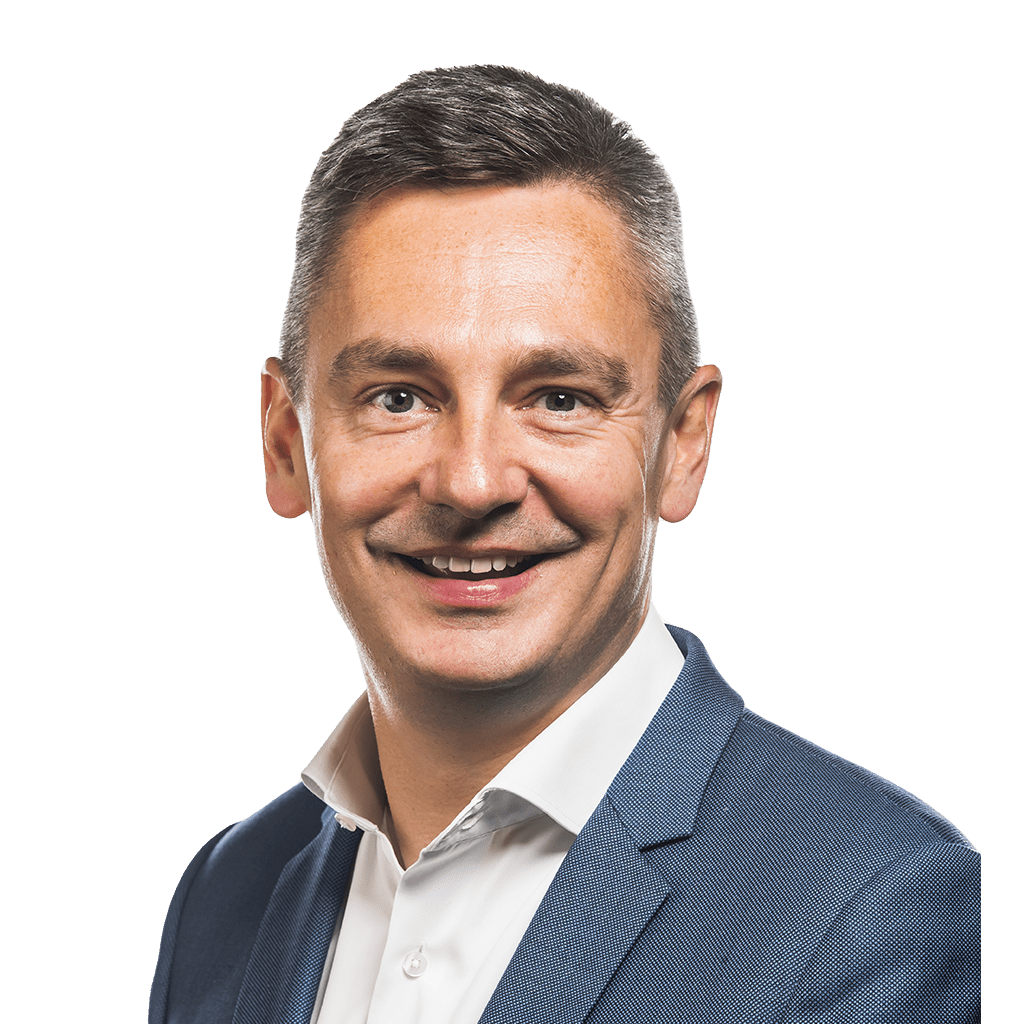
Benoît Hellings
Benoit Hellings
Benoit Hellings was born in 1978 and he has lived in Brussels since 1996. It was love at first sight because he was fascinated by the diversity, dynamics and opportunities of the city!
Benoit Hellings studied political science at the Université libre de Bruxelles (ULB) and joined Ecolo in 2000. After four years of research at the ULB he became press officer at Visit Brussels, where he introduced the city to foreign journalists who passed through the capital. In 2007, he participated for the first time in an election and he became the first successor in the Senate. From 2009 he became a Senator.
In 2011 he was chairman of the Board of Directors of the Port of Brussels, in parallel with tasks in various regional ministerial cabinets. In 2014 he was directly elected to the Chamber of Representatives for Brussels and he became vice-chairman of the National Defense Commission.
In 2017 he was appointed as the leader of the Ecolo-Groen list for the municipal elections for the City of Brussels. On 3 December 2018, he took the oath as First Alderman, Alderman of Climate and Sports of the City.
Benoit Hellings believes that the fight against climate change and the preservation of biodiversity is the political issue of his generation. He now exercises powers at the municipal level that enable people in Brussels to move (sports), and to eat and breathe well (environment and climate).
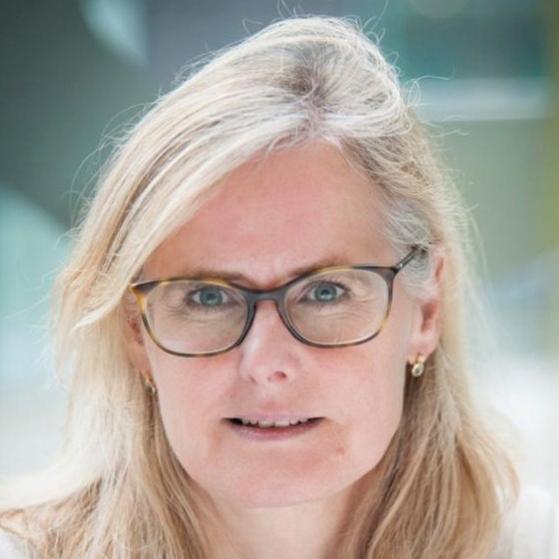
Florencia Van Houdt
Floor Van Houdt
Ms Floor van Houdt works in the European Commission since more than 25 years. She is currently active as Head of Unit in charge of EU Sport Policy. Prior to this, she worked on several EU policies, including youth, maritime affairs, entrepreneurship and research.
Originally from the Netherlands, she studied law and European Studies in the Netherlands, Spain and Belgium before moving to Brussels to start her career in European policy.

Valérie Glatigny
Valérie Glatigny
After her degree in philosophy, she worked as a journalist. She entered Belgian and then European political life following a meeting with Louis Michel in 2003. She worked for 15 years within the European institutions.
In May 2019 she joined on the European list of MR, where she was elected first substitute. On September 17, I was sworn in as Minister in charge of Higher Education, Social Advancement Education, University Hospitals, Scientific Research, Youth Assistance, Houses of Justice , Promotion of Brussels, Youth and Sport within the government of the Wallonia-Brussels Federation.
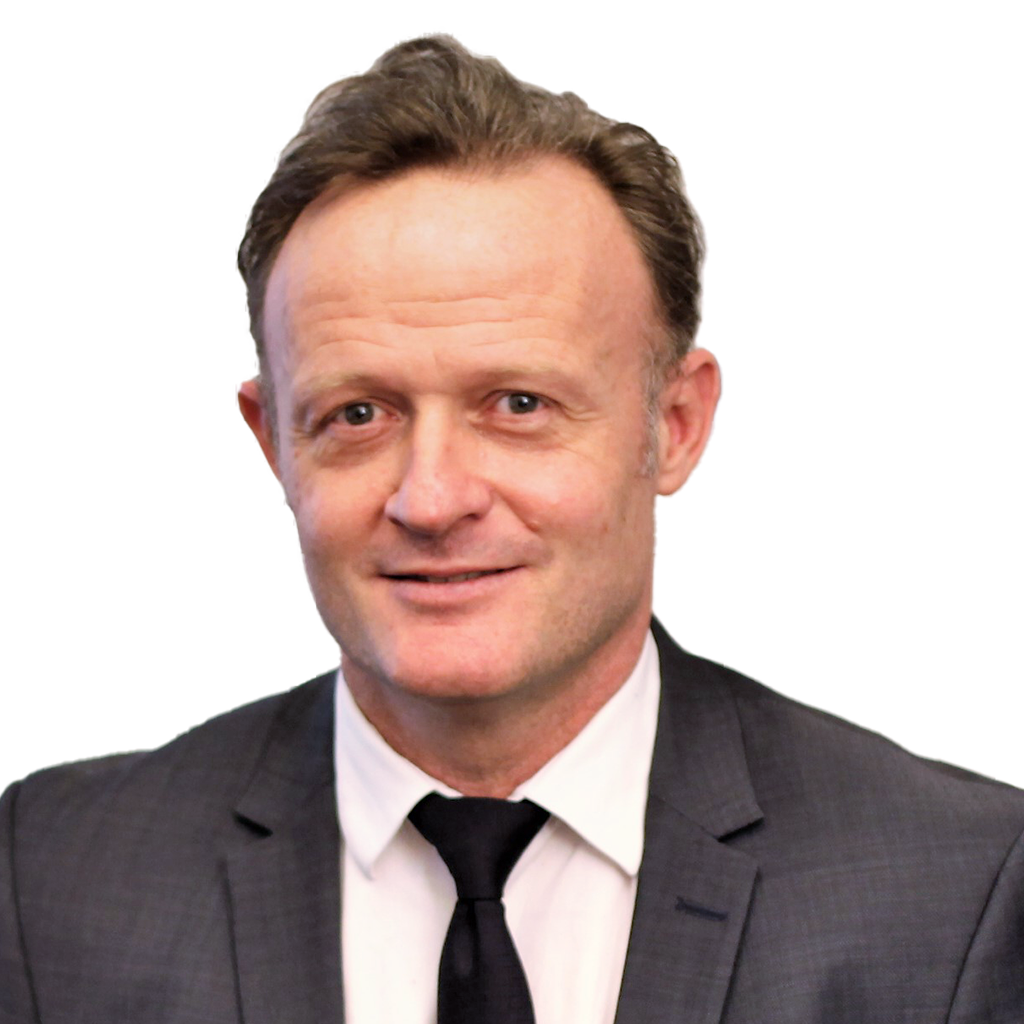
Laurent Petrynka
Laurent Petrynka
With more than 20 years of experience in the education and sport system in France and at the international level, Laurent Petrynka is the President of the International School Sport Federation since 2014 and a Member of the IOC Olympic Education Commission (International Olympic Committee) since 2018. Between 2010 and 2018 he was the National Director of the UNSS (Union Nationale du Sport Scolaire). In 2018 he was nominated by the President of the French Republic Emmanuel Macron, as Inspector General of Education in France (IGEN). In 2019-2020 he was the inter-ministerial coordinator of the SNU (Service National Universel) under the authority of the Ministry of Education in France. From 2020 to May 2022, Mr Petrynka was the Ministerial advisor to the Minister of Education, Youth and Sports – Mr Jean Michel Blanquer and the Minister in charge of Sports – Ms Roxana Mărăcineanu. On a personal sporting note, Laurent Petrynka is a former footballer from the French 3rd division at the club of Viry Châtillon (Département Essonne) and is now a very active runner. The focus of his missions has always been on health and empowerment of youth through school sport.
09h20 → 09h50
Key Partners Presentation
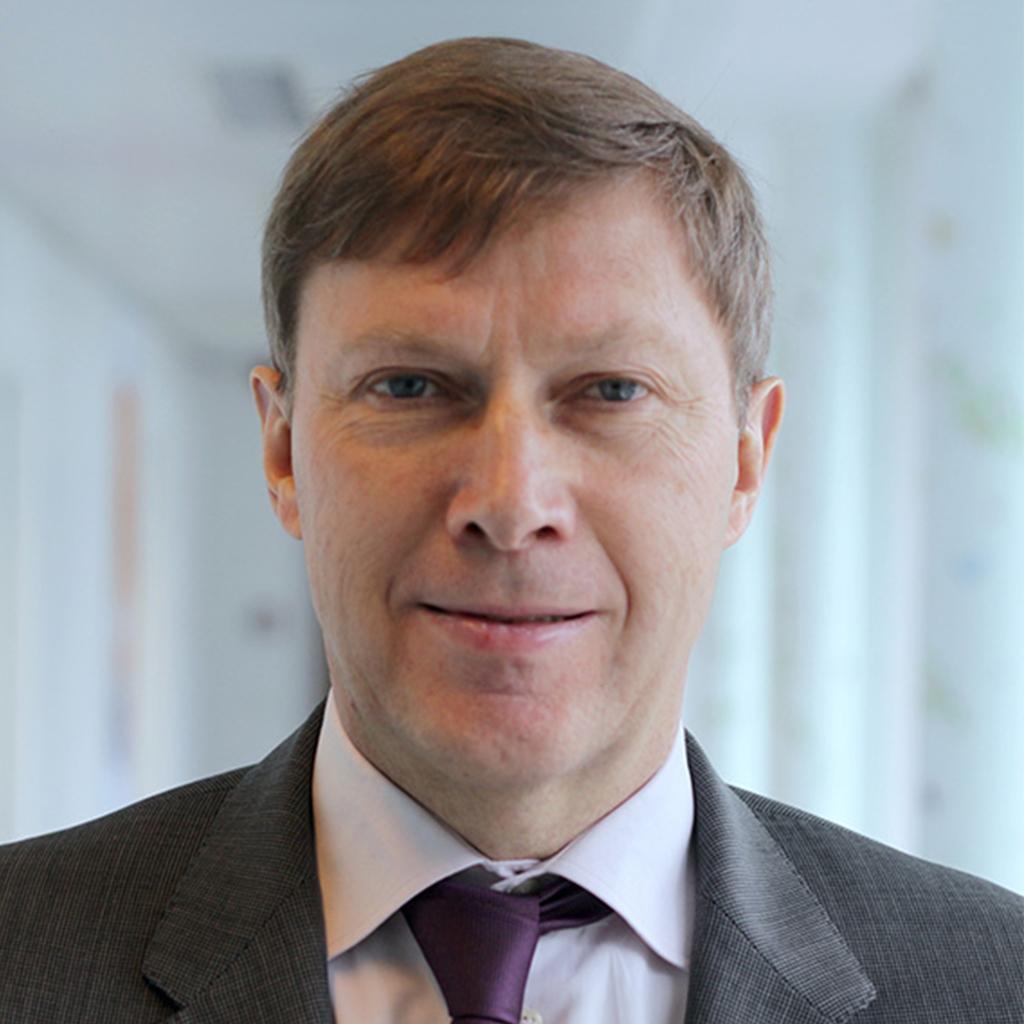
Yves Le Lostecque
Yves Le Lostecque
Yves Le Lostecque is currently Head of the Erasmus Mundus and Sport Unit in the EACEA (European Education and Culture Executive Agency) in charge of the implementation of the Erasmus+ budget. He studied public, international and European law at the University of Rennes. He started his career in the French national Ministry responsible for Youth and Sport. He joined the Commission in 1993 where he worked as a lawyer in DG Internal market. He was then responsible for inter-institutional relations in DG Education and Culture and served as the assistant of two directors general, Odile Quintin and Jan Truszczyński. He also spent two years as a member of the cabinet of the Romanian Commissioner, Leonard Orban. He was also from 2013 to 2021 Head of the Sport Unit in the European Commission.

Benoît Hellings
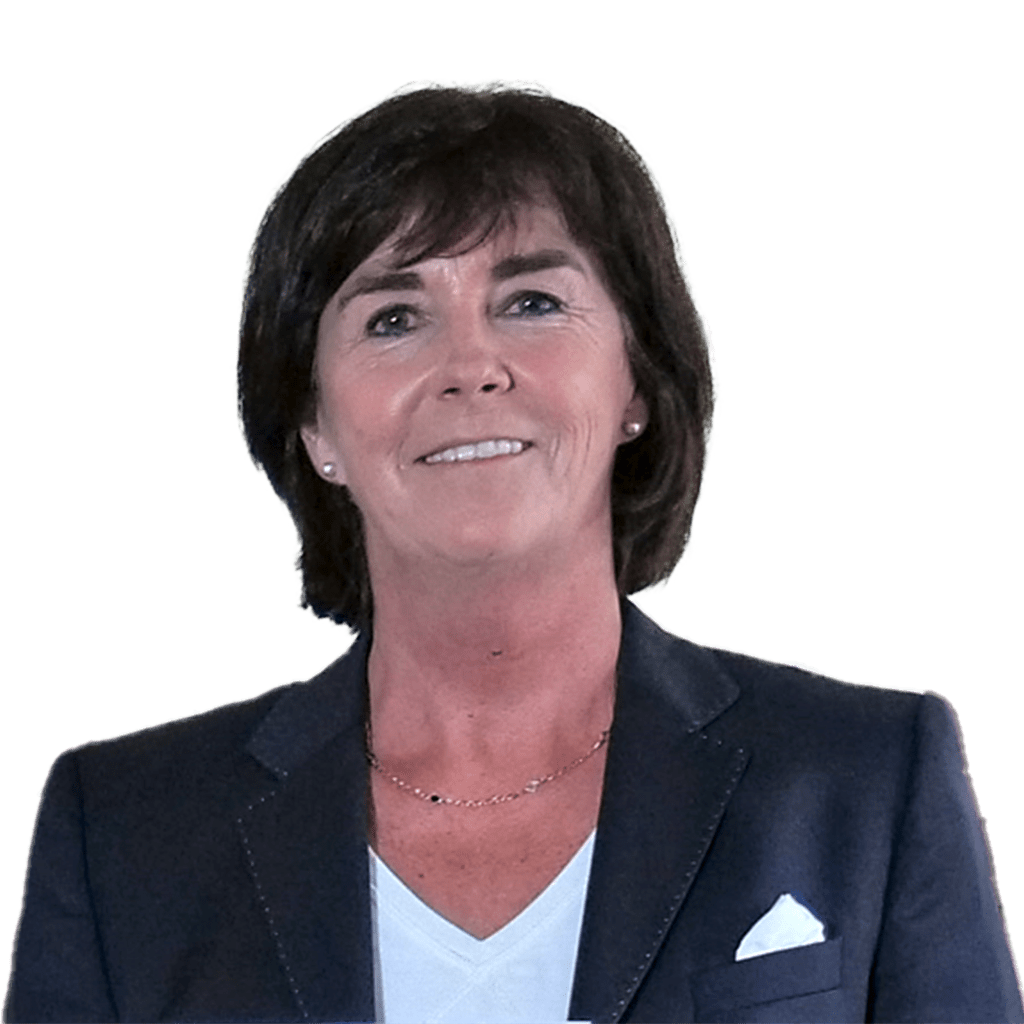
Brigitte Dero
Brigitte Dero
Brigitte is Managing Director of VinylPlus®, the European PVC industry’s commitment to sustainable development. Gathering 200 companies, VinylPlus creates a long-term sustainability framework for the entire PVC value chain, improving PVC products’ sustainability and circularity and their contribution to a sustainable society. Brigitte holds a PhD in Sciences (Molecular Biology) from the University of Brussels. Her main interests are in science and sustainability, women in sports and education. She supports the ‘Women in Green industry chapter’ of UNIDO/UNEP
09h50 → 10h20
ISF She Runs 2022 Delegations
Girls participating to the She Runs 2022 Design Sprint activity presenting projects they will implement in their own countries in the next months.
10h20 → 10h30
ALL
Break
10h30 → 11h40
Panel Session I: “School Sport a platform for empowering girls as dynamic citizens”

Emma Terho
Emma Terho
Emma is a double Olympic Bronze medallist in Ice Hockey (1998 and 2010. Emma was elected by athletes to the IOC Athletes’ Commission at the Olympic Winter Games PyeongChang 2018 and elected as Chair of the Commission at the Beijing Games 2022. Emma has a BBA in Finance from The Ohio State University and a MSc in Economics Finance from Aalto University (2013). Emma represents athlete voice in the IOC Executive Board and a number of IOC Commissions such as the Olympic Programme Commission, and the Legal Affairs Commission. Emma is also the former Chair of the Finnish Athletes’ Commissions and a member of Finnish Advisory Board of Sport Ethics. By living and playing in many countries like Austria, Finland, USA and Russia and by competing in five Olympics, Emma has a vast athletic experience and is passionate about representing athletes in decision making at the highest level.

Dagmar Schumacher
Dagmar Schumacher
Dagmar Schumacher is the Director of the UN Women Brussels Office. Ms. Schumacher previously worked at the headquarters of the United Nations Volunteers programme in Bonn, as Chief of the Partnerships Section. From 1998 – 2002, she worked with UNDP in Hanoi, heading the Poverty and Social Development Unit; before which she worked with the UN in Latin America and New York. She holds a Master Degree from Kiel University.

Lola Mansour
Lola Mansour
Judo competitor, I’ve been part of the Belgian national team from 2009 to 2018. Amid several international podiums, I won a gold medal at the Youth Olympic Games in Singapore (2010) and became Junior European Champion in 2012. Also passionate about creative writing, I published my first book “Ceinture Blanche”, in 2018 after winning a literary prize with the “Laure Nobels Foundation”. Women’s rights advocate, Ambassador for “Give & Take” and co-founder of “Balance Ton Sport”, I pursue several activities leading to a common goal: the growth of our multiple skills at the service of a more equal and inclusive society.

Diane de Navacelle de Coubertin
Diane de Navacelle de Coubertin
Diane de Navacelle de Coubertin graduated as a goldsmith form Parsons school of Design, in New York. She had her jewelry company for 15 years and than started clay working in 2020, she is now a sculptor.
Diane is also a descendant of the Baron Pierre de Coubertin, renovator of the Modern Olympic Games. Member of the Pierre de Coubertin Family Association, created in 2016, her mission is to transmit the heritage she received and ensure that the Olympic ideal imagined by Pierre de Coubertin, and the values that govern it, continues to be respected.
In 2018, she became member of the “Oly Art committee”, than created by the IOC, to put up light the connections between arts, culture and Olympism.
As an ambassador of the Olympic movement, Diane wants to bring back the cultural and artistic dimension of the Olympics. She is also very involved in Inclusion, Women and environmental issues, as well as Education and recently became the Chair of the Legacy and Education Committee at the ISF.
11h40 → 12h50
Panel Session II: “School Sport and educational tool for raising awareness on Environmental issues”
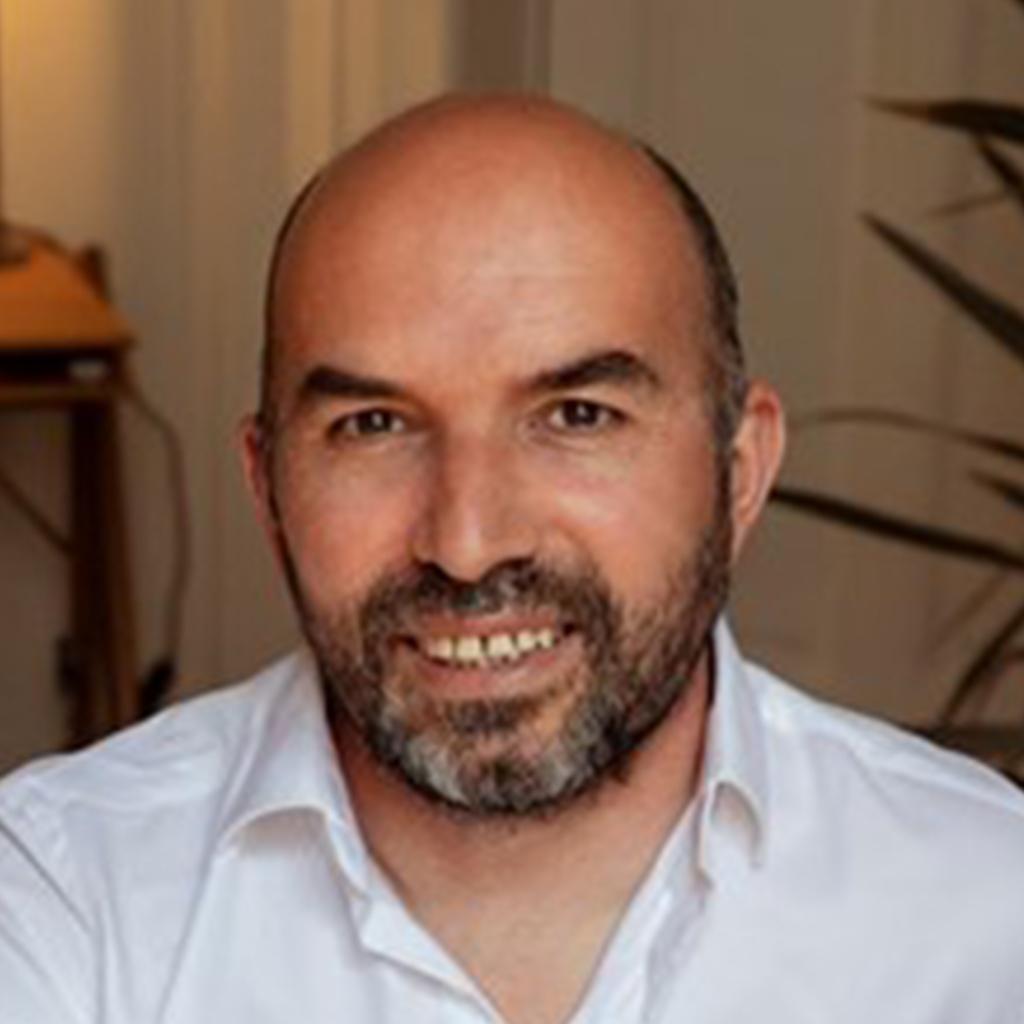
Thierry Lucas
Thierry Lucas
Senior Policy Expert in the United Nations Environment Programme’s Brussels Office
Thierry Lucas, a French national, is an expert in European and international policy on environment and sustainable development. He is a Senior Policy Expert in the United Nations Environment Programme’s (UNEP) Brussels Office, working on a variety of topics including biodiversity and ecosystems management in the context of the partnership-building between UNEP and the EU institutions, and key EU stakeholders in Brussels. He was also the coordinator of the global Ad Hoc Open-ended Expert Group on marine litter and microplastics. Mr Lucas has over 25 years of technical and management experience with the UN, including expertise in Africa and Asia. Before working for UN Environment Programme, Mr. Lucas was the project manager of an adolescent health programme in Asia of the United Nations Population Fund (UNFPA).

Monika Tall
Monika Tall
Monika Tall, originally from Slovakia, currently living and working in the Netherlands, is an EMEAI Digital Manufacturing Project Manager at Dow Benelux. In addition to her digitalization efforts in operations, she acts as a Benelux WIN (Women Innovation Network) chair at Dow.
Monika started her career journey at Dow in 2017 as a Process Automation Engineer after finishing her master’s degree in Automation & Robotics in Germany. Currently, Monika is responsible for implementing digital solutions in manufacturing covering several European Dow sites.
Monika is passionate about inclusion, people, sustainability & digitalization.
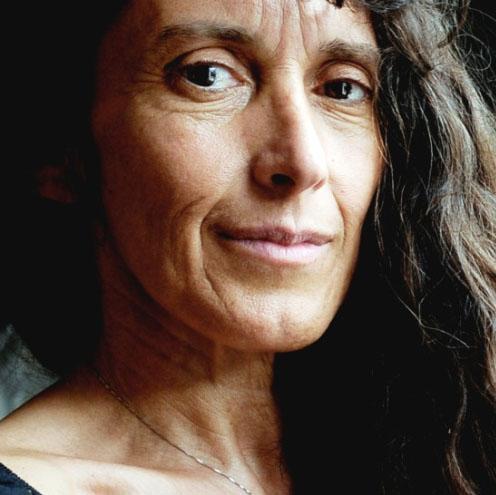
Catarina Pesce
Catarina Pesce
Caterina Pesce is graduate in Physical Education, degree in Movement and Sport Sciences, master of Psychology (Universities “Foro Italico” and “La Sapienza” of Rome) and PhD in Philosophy (Free University of Berlin). Currently Associate Professor at the University “Foro Italico” of Rome. Her main research focus is on exercise and cognition across the lifespan, rise and fall of motor coordination and enhanced physical education. She has over 80 international articles in peer-reviewed journals, over 4000 citations, and is author or co-author of 10 international books on exercise and cognition and physical activity for educational achievement, as well as editor/co-author of 3 national books. She is the mind behind the “Joy of Moving” method for holistic child development through physical activity, promoted by the Italian Ministry of Education, indicated as a best practice in the national recommendations for physical activity of the Italian Ministry of Health and in a European Erasmus+ cross-country analysis of school PA practices; it is now in the scaling-up phase in several countries. She is associate editor for MENPA and IJERPH and on the editorial board of JSEP.
Research gate link: https://www.researchgate.net/profile/Caterina_Pesce

Sophie Bordet
Sophie Bordet
Safeguarding Officer in Sport (I.O.C Certified) and Chair of the ISF Integrity Committee, she currently works on the implementation and development of safeguarding policies and educational programs within School Sport. With an extended knowledge of International Relations in the world of sport, she also acts as an Assessor to the ISF Executive Committee.
12h50 → 13h00
Conclusion

